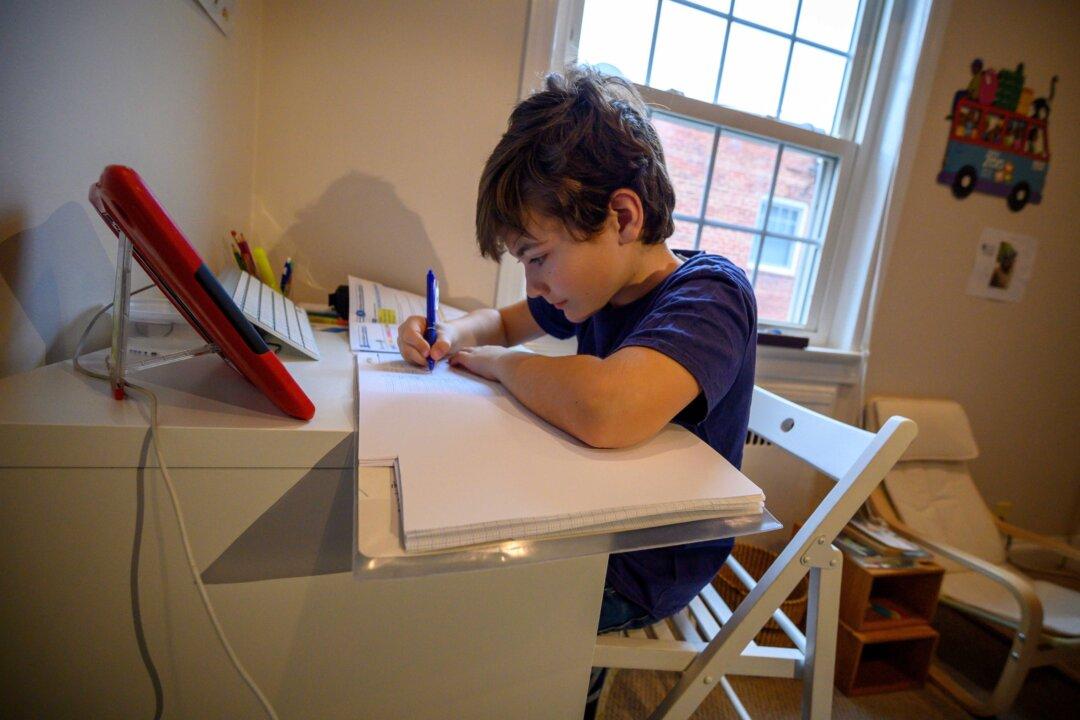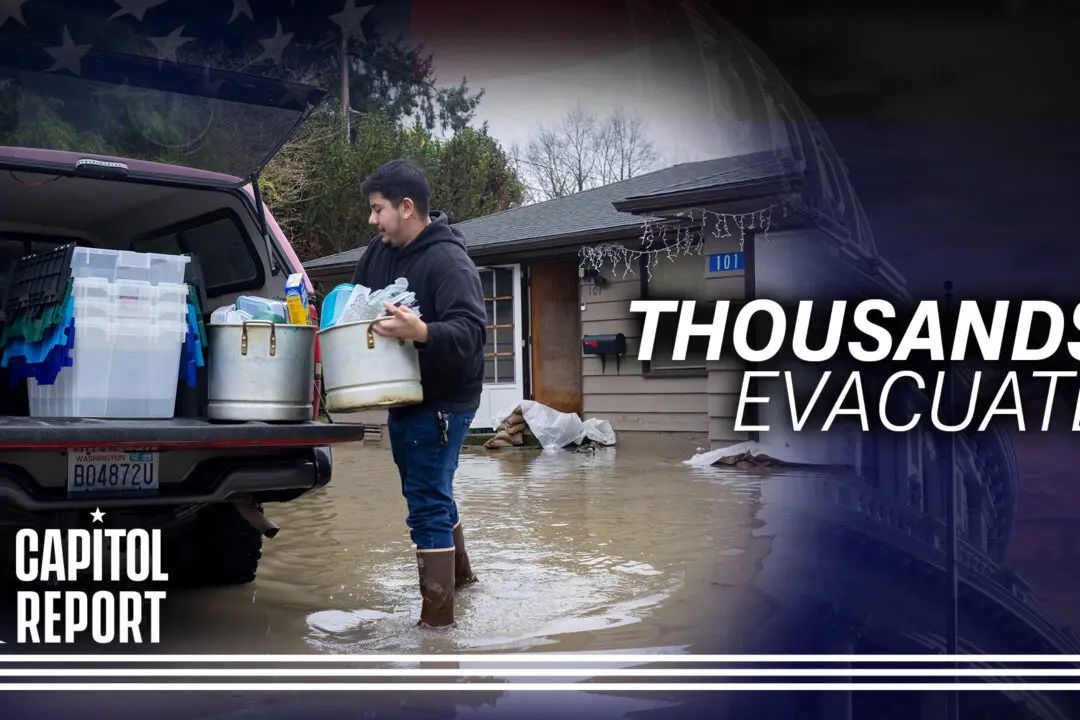The number of home school applications submitted to the California Department of Education (DOE) soared during the 2020–2021 school year, state data indicates.
There were 34,715 private school affidavits (PSAs) for five children or less submitted during the most recent curricular year. In California, homeschools are recognized as private schools, and homeschooling families are required to submit an affidavit to the DOE annually.





